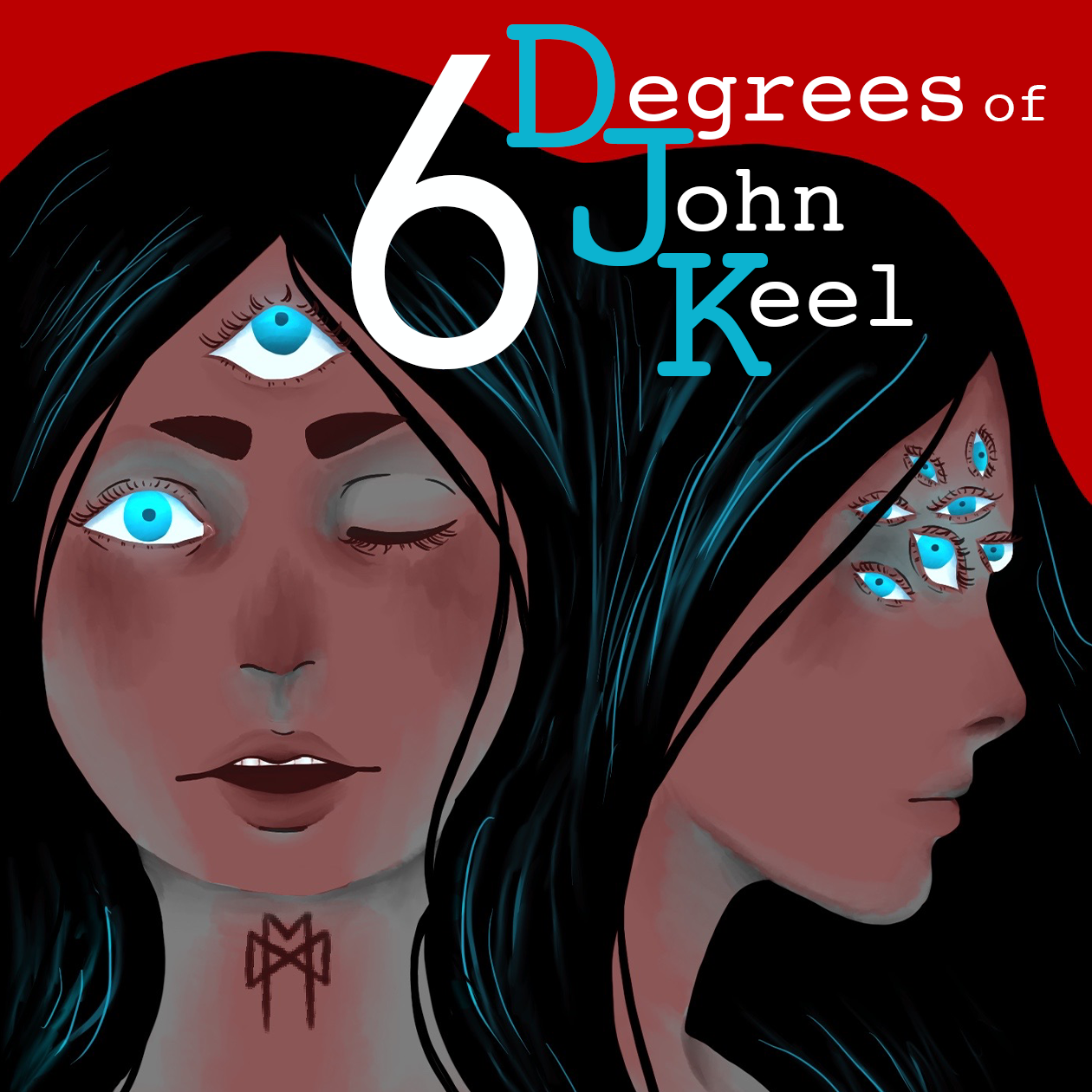Episode 114: Theosophy and Fairies with Morgan Daimler
“Blavatsky’s Fairies.” Digital Painting done in Procreate by Barbara Fisher 2023
People asked for more Faery episodes, so here we are!
I pitched this episode to Morgan Daimler because she and some friends were talking on FB about how Madame Helena Blavatsky, one of the founders of Theosophy, had fundamentally changed the way many of us look at fairies today. Many ideas that Neo-Pagans and Witches have about fairies didn’t come from the living traditional folkways—they were overwritten by Blavatsky and many other Theosophist writers and fairy seers who came after her.
A great deal of our ideas about the paranormal have come to us from a combination of Theosophist and Spiritualist beliefs—but very few people recognize this. So, do expect more episodes in the future dealing with the many facets of this topic.
While I don’t agree with her take on fairies at all—and neither does Morgan, we try to not rant about it too much. And there are myriad other problematic ideas that Madame B came up with that are more vexing to those in the know, and can cause some extreme reactions:
Admiral Kirk clearly is not a fan of the lady in question.
One of the reasons we don’t rant in this episode is that we recognize that we ourselves have been influenced by Theosphical ideas of what fairies are to some extent.
For example, the reason I thought of the little light orbs we started seeing in Athens over twenty five years ago as fairies was because I had read Fairies at Work and Play by Geoffrey Hodson, published in 1925 by The Theosophy Publishing House, at a young age. In that book, fairies were described as elementals and nature spirits who are often first seen as small shimmering lights, because they only had bodies made of fine etherial energy.
I was about 9 when I read that book, so of course it helped shape my expectations of what fairies were and what they did, what they looked like and how they behaved.
That’s enough to give you a taste of what is to come in this episode. Look for even more fairy content in the future!
Here’s a link to the resource Morgan mentioned at about the 20 minute mark: The School’s Collection: Folklore Collected by Irish School Children in the 1930s


